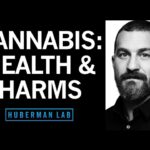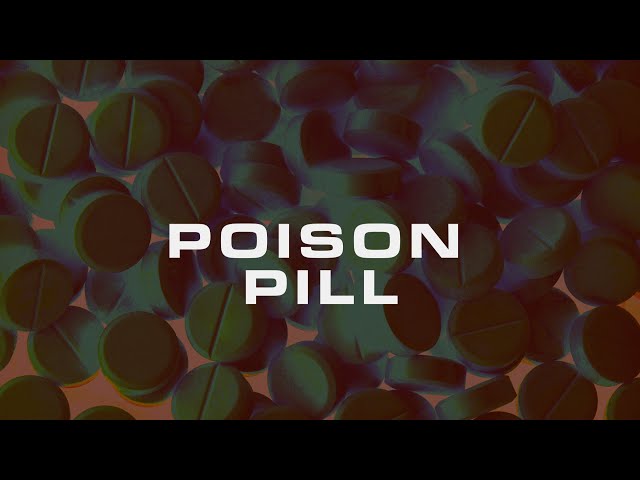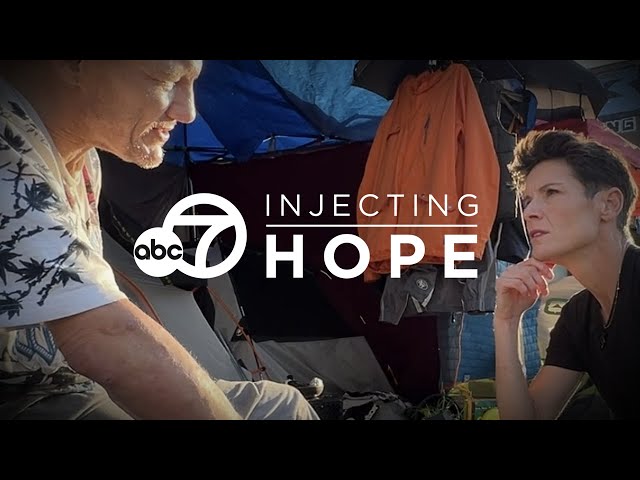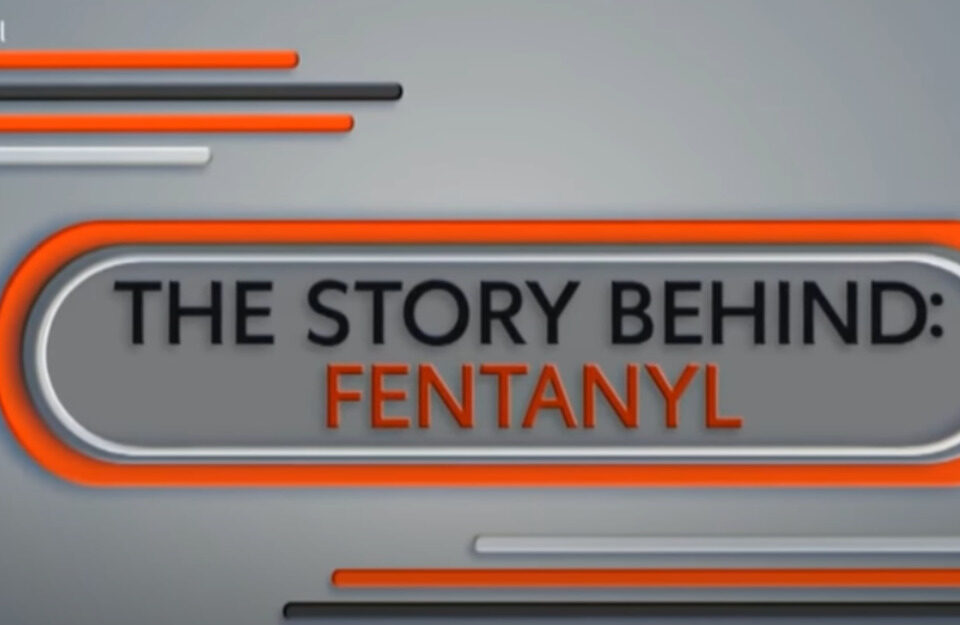Introduction
Guyon Epsiner unpacks the “war on drugs” through the substance many in New Zealand consider most harmful – methamphetamine. He talks with police, Australian politicians, treatment providers and the Drug Foundation, but most importantly he speaks to people who’ve had personal experience with the drug and takes time to dig into their individual circumstances.
If you step back from the powerful individual stories, you see a story of good people – from police, to Customs, to treatment providers and peers – all working inside and against a system they know is completely upside down. Trying to take a humane, health-based approach inside a legal framework that is still at “war” with New Zealanders and causing them harm.
One of the biggest hurdles to law reform is showing what a criminal approach would be replaced with. Guyon Espiner: Wasted demonstrates that decriminalisation doesn’t mean doing nothing. Instead, through telling the story of Te Ara Oranga and other human stories, Espiner has set out the alternative, and much more effective and humane, approach that awaits in Aotearoa. [source]
Watch Now!
After watching the following video, you are welcome to share your experience by providing a review of the resource.
Quotes
“In Whangarei, police are treating meth use as a health issue rather than a criminal one, using a programme called ‘Te Ara Oranga‘, or ‘The Path to Wellbeing’. Instead of charging meth users with possession of the Class A drug, police are referring them to health and rehab services. The programme results in a 34% drop in criminal offending by those who take part, and they tend to see the police in a different light. Te Ara Oranga is special and successful — after more than 3000 people in Northland were helped by the programme, it’s now being rolled out in towns in the Eastern Bay of Plenty.”
“As you read more and you begin to understand how the drug markets work and how the black market works, the prevalence of drug use and supply in wider society has persisted over decades, it forces you to think about whether the policies that we have, the enforcement that we have, is working at all … criminalising communities — generally communities that are in poverty — has failed us. I think there are a whole lot of harms that come with making criminals of people that use and socially deal drugs.”
“In 2016, the Drug Harm Index estimated that New Zealand spends about $350 million a year on drug interventions. Of that, 170 million was on courts and prisons, 100 million was on policing, and just 80 million was for healthcare. Customs spends tens of millions every year trying to stop illicit drugs entering the country. It employs more than 1500 staff and says all of those people have a role in combating drugs.”
“This is a drug-checking station. These clinics are run by the Drug Foundation and Know Your Stuff. They pop up every couple of weeks in towns around New Zealand and also at music festivals and major events. Drug checking is legal now after a law change in 2021 — one of the few areas where New Zealand is taking a harm-reduction approach to drugs. This is strictly about health and science. The information cannot be used in criminal evidence.”
“New Zealand still locks people up just for taking drugs. Last year, about 3100 people were convicted for low-level drug crimes like possession and personal use. Of those, about half were Maori. In the last 10 years, 35,000 New Zealanders have been convicted of a cannabis offence, and 5500 have been sent to prison, and this hardline approach has long had political support.”
“We know that one of the significant harms associated with illicit drug use, as well as the health harms, is the criminalisation of people, and that comes from being engaged in the criminal justice system, but also the stigma associated with that and the reluctance, maybe, to seek treatment, to seek support.”
“Cannabis, I believe, would be the most prevalent drug in New Zealand, but if we’re talking about a drug that’s causing significant social harm in New Zealand, I think methamphetamine is our number one drug of concern. New Zealanders consume about 16kg of meth each week … We pay top dollar for drugs — a kilo of refined meth that fetches $5000 in the US has a street value of about $160,000 in New Zealand.”
“People living in poor neighbourhoods are seven times more likely to use amphetamines than those in the wealthy areas. That’s no accident, according to a report on meth harm and rehabilitation that was done for the Ministry of Health … We are aware that, sadly, gangs will target areas that are socially deprived, so they can come into a small community where there is limited opportunity, limited education, limited incomes, and effectively take over and influence that community and actually drive levels of addiction.”
“The five-step programme is one of those offered in Whangarei by Richard Dick at the Salvation Army … it’s a service that offers some information around what’s happening to their family member and some strategies to cope with what’s happening in their family.”
“Merge Community is basically a place where people can come. It’s largely for our homeless community. So I have a team of people that have experienced homelessness themselves, and we create pathways for them into employment. So we build work around the people, not the people around the work. Our motto is, When you’re ready, we’re ready, and we support them on that journey right through to housing.”
Continue Learning
Please view the following additional resources to continue learning about some of the topics discussed in this resource. If you have any suggestions, concerns or general comments, feel free to contact me as well!





